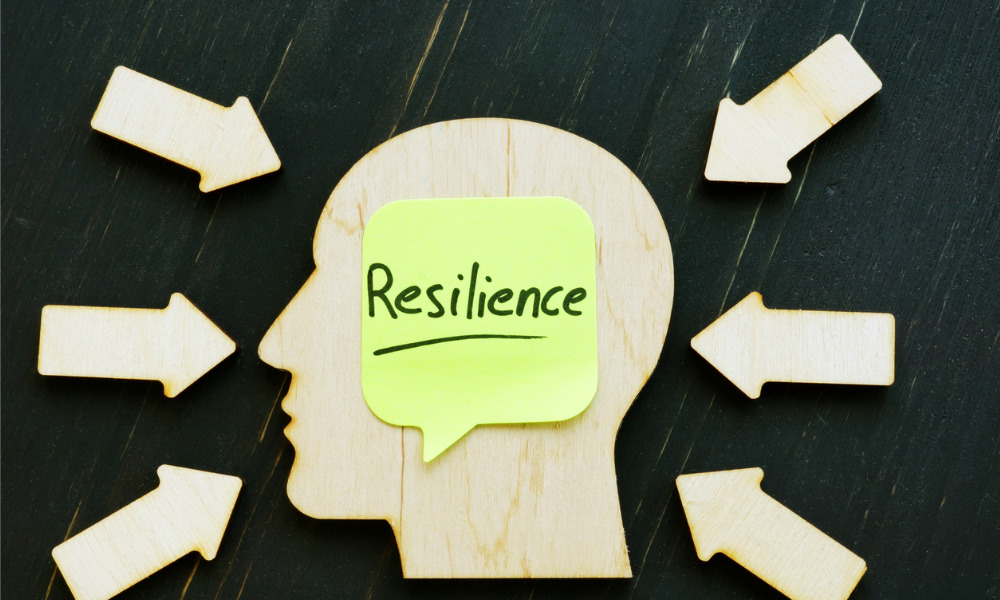
Openness and inclusivity are key, says Unilever HR director

Resilience is an often-used word these days. In fact, alongside that other COVID-era favourite ‘pivoting’, it’s one we’ve come to associate with facing down challenges head on.
Resilience is a powerful weapon in the armory of any individual – or organisation. However, Shruti Ganeriwala, HR director, ice cream business & diversity, equity & inclusion lead at Unilever Australia & New Zealand, believes it isn’t something you are either blessed with or simply don't possess.
“We cannot put ourselves in a box – resilient or non-resilient individual (or team) – we each have resilient or non-resilient moments and we need to work on increasing the frequency of the former,” says Ganeriwala, one of the speakers at upcoming the HR Mental Health Summit Australia & New Zealand.
“We all have a variety of moments every day – some are great and energising while others are challenging, overwhelming and difficult. I am a strong believer that success in life is hugely dependent on how we deal with challenges or, as I like to put it, ‘what is the story we tell ourselves’? Is it that we are strong and courageous, or do we tell ourselves the opposite?”
Resilience in the workforce is no different. When individuals work towards their personal resilience, teams become resilient; they become open to challenges and find their own way and rhythm to deal with them productively.
Indeed, says Ganeriwala, it’s only by building resilience that an individual or team can thrive. And here an organisation’s culture plays a crucial role. A culture that is open and transparent, which encourages employees to experiment, test and learn, and to embrace failure as a learning opportunity is one that can build a resilient workforce. Any workplace culture that puts inclusivity front and centre will be well set up for resilience-building.
“An organization that fundamentally values diversity of opinion and creates an inclusive culture builds an individual’s self-esteem and their ability to bring their best selves to work. This in turn has a strong correlation with their resilience.”
In a national 2020 Life After Lockdown study in 2020, 81% of Australians surveyed thought employees should be able to work from home even after the crisis has eased and physical distancing is no longer necessary. Remote working certainly has its advantages, but how do you build resilience among employees who aren’t even physically together as a team?
Ganeriwala concedes it’s a challenge but says the pandemic has ensured we all “get creative about this”.
From her own experience, she’s found the following to be effective:
Initiatives like these nurture a sense of belonging and connection – both cornerstones of resilience-building.
To hear more from industry giants on essential mental health topics, register for HRD’s upcoming Mental Health Summit here.